My name is Mohammed Selim. I am a Syrian from Palestine, from the Yarmouk camp in Damascus where I was in charge of children’s activities and of the pioneering dance troupe. I was a member of the Palestinian Centre for Culture and Arts and a volunteer at the Palestinian Aid Foundation. I used to work at the “Yasmin Al-Sham” dance theatre. Our life was very pleasant until the violent war began and anthropomorphous beasts entered the camp, killing and destroying everything of beauty. We spent days in the streets of Damascus, then ended up in Lebanon where things were even more difficult. We eventually decided to return to Syria, which has been in the grip of war for years. If you decide to live there you have only two choices: kill or be killed.
And so, we decided to pack our bags and emigrate to Europe. The first part of the journey took us from Damascus to Turkey. We then reached Greece with great difficulty and it is from here that I am recounting my story and hoping to begin leading a peaceful life again.
I will never forget Palestine, or the fact that I have the right to return. That is what I dream of as a young Palestinian refugee. Our land was invaded 70 years ago and we were forced to move away. I am bound to my homeland and I believe that one day I will have the right to go back. Which is why I decided I had to do something to help keep my country’s heritage alive in the memory of both the old and the young: I worked as a volunteer in a Palestinian educational centre for children.
Photos by Migratory Birds Team
Al-Zahraa, Damascus 2013!
This is where the dream of reviving our Palestinian heritage began. Oh my heart, we will never forget you and you will always be like a knife at the throat of our occupiers. And so, we learned to live and continue fighting for our ultimate return.
That is why the Palestinian cultural centre was set up in 2013, in order to teach children as much as possible about the heritage of their homeland. For example, the ‘Dapka’ dance, which is well known in many countries. Everyone holds hands, symbolising unity and solidarity between people. The dancers stamp their feet on the ground, symbolising strength. All this, done in combination with music and songs, demonstrates the respect and sincerity of the people towards Palestine.
We started off in an old building in the center with a small group of children. Despite the difficulties, we painted it, fixed it and decorated it all together. The insistence and the patience of the children, as well as their desire to learn about their Palestinian heritage helped us overcome the various problems we encountered.
More and more children kept joining and so the dance troupe ‘Dapka’ was founded, named after the national dance of Palestine. We were soon giving performances in several centers and universities in Syria, as well as in educational centers, all with great success.
There was also a Youth Centre in Yarmouk camp (2013): I worked as a volunteer there with a group of Palestinians whose aim was to showcase the “cultural side” of Palestine. It was the first independent center in the camp to take part in activities which came under the title “Heritage never dies’. We worked together with the UNRWA.
The success of the group filled me with joy because I was contributing to the preservation of my country’s culture.
It was however, a drop in the ocean compared to what could have been done to help people retain traditions that risk dying out because we live away from our homeland, the land of Palestine, land of martyrs.

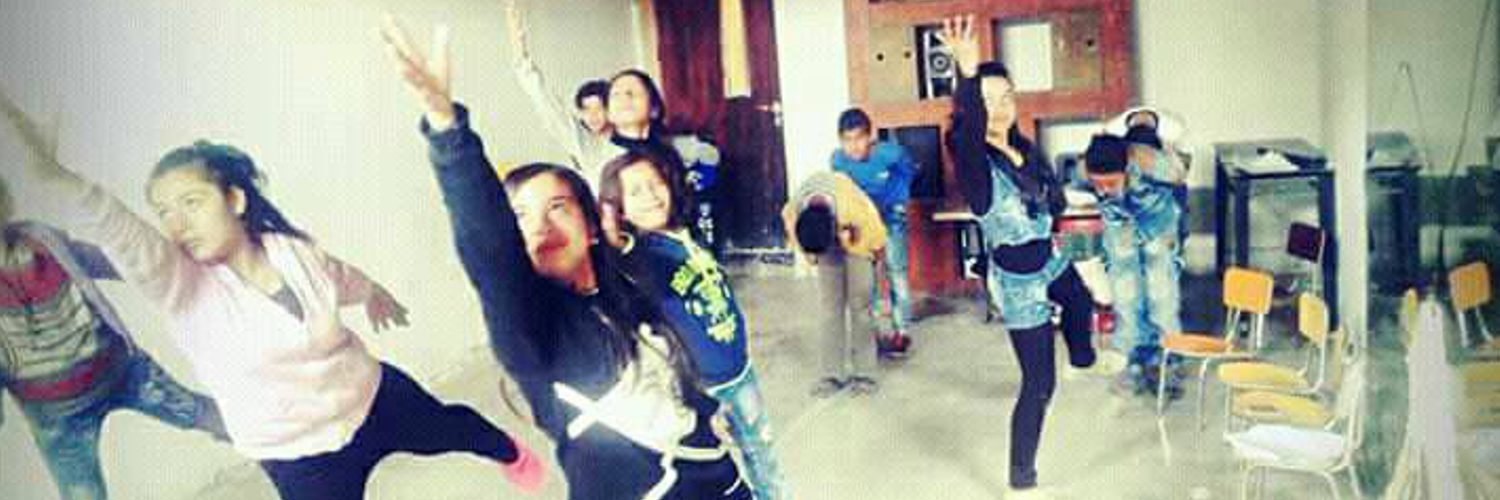
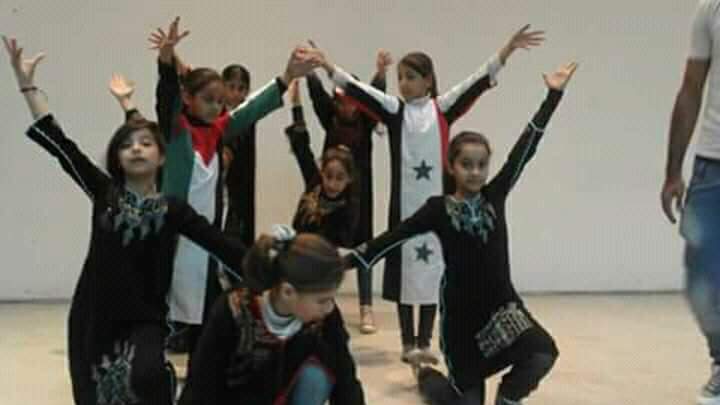
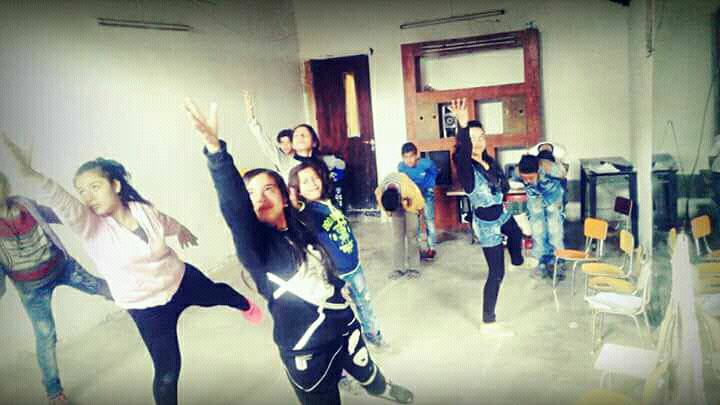
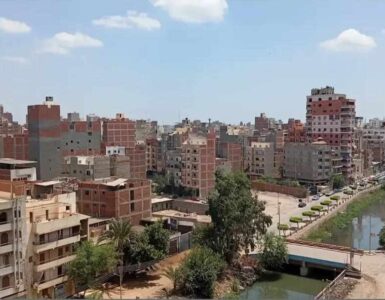
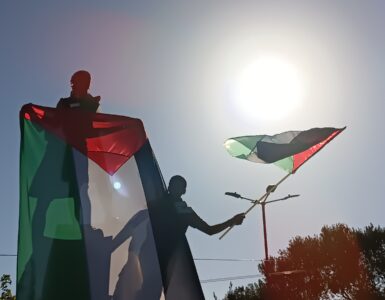
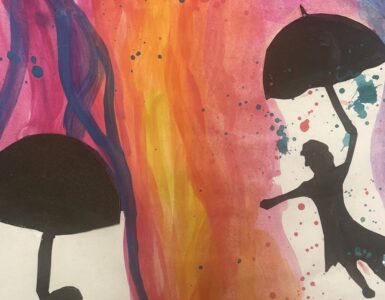




Add comment